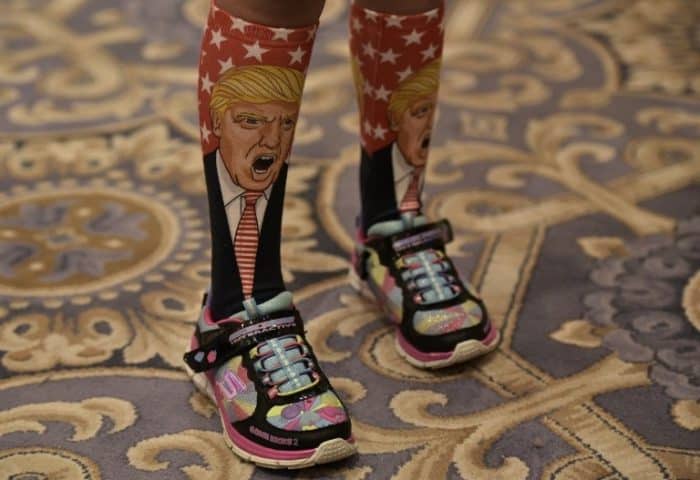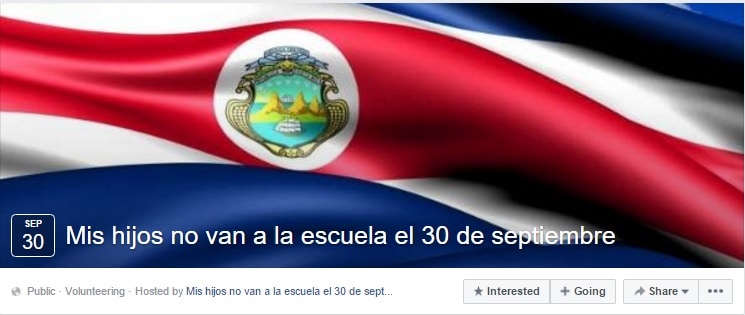Costa Rica’s best-kept secret isn’t the treasure of Cocos Island, nor is it our suspiciously Anglophonic pronunciation of the letter “r.” Not even close. Costa Rica’s biggest secret is how we construct our national brand: the things we hide behind “pura vida,” that phrase imported from Mexico that is our calling card before the rest of the world.
Now, I would never seek to damage Costa Rica’s international reputation as a peaceful, ecological, well-educated population that defends human rights. That reputation has a basis in reality. It’s music to any Costa Rican ear when a foreigner praises our country’s natural beauty, our beaches, or a positive experience with our people. I still remember the tear I shed in Toulouse when two friends, one Iranian and one Israeli, sang Costa Rica’s National Anthem to me, without the slightest clue what the words meant.
All of this is good, but there is a problem. In Costa Rica we always keep one eye on every international ranking, and monitor how one European newspaper or another refers to our country. We have neglected the priority of working hard each day to become more like the image we portray, and we have allowed antagonistic ideas to sneak in. In other words, we have allowed our good Tico marketing to stay on the outside of the package.
Inside that shiny wrapping, a truly alarming percentage of Ticos are in favor of carrying a gun in our cars; in favor of the possibility of allowing a judge to condemn a person to death; in favor of the supposed right of a throng of neighbors to lynch a thief, leaving him dead in the street. And take photos of this. And show off the photos so others can see what might happen to them. And recommend that other neighbors employ this technique against petty crime.
A 2008 poll by Unimer showed that 51 percent of Ticos supported lynching and 54 percent support the death penalty. Eight years have passed since that time, and I worry that these ideas have gained even more ground. At the same time, I don’t want a new poll to test that theory. I fear that the simple fact of updating the data might motivate others to join this majority and begin planning a serious political proposal in favor of life in prison, capital punishment or tolerance for the application of “popular justice.”
The same is true of xenophobia, that word that popped up in various articles during this past week, as thousands of “likes” and social media comments expressed indignation at the possibility (oh, unpardonable treason!) that the National Anthem of Nicaragua might be sung one day in a few San José schools as part of Central America’s Month of Independence. Yes, it’s Central America’s Month of Independence, even though some like to use the occasion to exalt Costa Rican nationalism before our neighbors in the region.
I understand that it is easy and tempting to criticize the government of Daniel Ortega, but that disdain is often directed at Nicaraguans and, above all, Nicaraguan immigrants, not to mention Costa Ricans with Nicaraguan parents or grandparents. I wouldn’t like to see a poll measuring support for a wall in Peñas Blancas, or another along our southern border. We’ve already seen that support for such notions is massive and transcends social class or educational attainment.
“What, me, a xenophobe?” many will say. To prove otherwise, they’ll crack open a Toña, just as Donald Trump posed with an alleged “Mexican taco bowl.” They’ll say no, they just want to put Nicaraguan foreigners in their place – ideally in a place not too close to us (unless it’s time to pick coffee, cut sugar cane, harvest melons, attend to the garden or clean the house. Even better if they are undocumented workers so we can pay less and not insure them).
I understand, too, that there are politicians and opinion leaders who are tempted to lie publicly three times a day to damage each other’s positions. Later, they will admit that what they said was not the truth. I understand this, because it is a politically profitable strategy.
But beware: the phenomenon that has been unleashed around Donald Trump can be easily recreated in other settings. All that is needed is a person as shameless and astute as he is, capable of capitalizing on ideas that are xenophobic and machista, or on criminal oversimplification.
The bad news is that such a cynic might appear at any time. The good news is that Ticos still worry about the image we project, and that holds us back.
Or at least, I want to believe that it will.

The Tico Times is proud to present this new column from Álvaro Murillo, an experienced journalist who specializes in political coverage and has written for La Nación, Semanario Universidad and El País.






